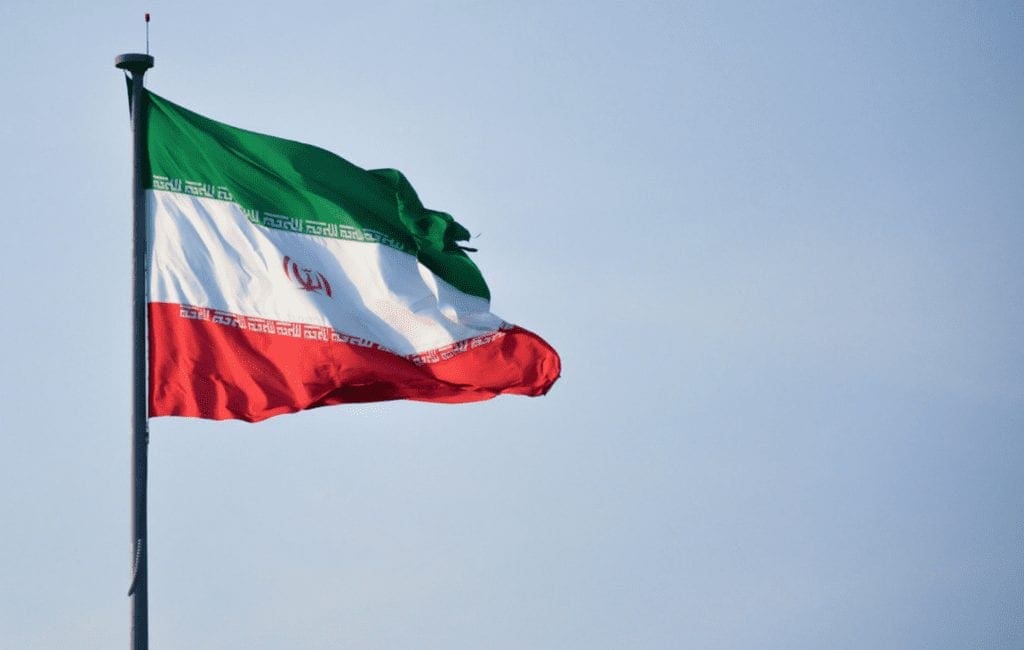Despite campaign promises of pursuing a more restrained foreign policy, Trump maintains the same neoconservative hard line with Iran.

The Trump administration dialed up the pressure on April 9, 2019, when the U.S. State Department declared the Islamic Revolutionary Guard Corps (IRGC) a terrorist group. With multiple decades of ill-will between Iran and America, this move will only exacerbate the tension between the two countries.
In an interview with CNBC, Emily Hawthorne, a Middle Eastern foreign policy analyst, was correct in her assessment that this move will make the negotiating process between Iran and the U.S. more difficult.
Hawthorne also notes that in the off chance that negotiations do occur, the U.S. will be “technically negotiating with a terrorist organization.”
In Hawthorne’s view, the U.S. “The future U.S. government, if they want to negotiate with Iran or negotiate with the Iranian military in any way, they’re going to have to take the (Islamic Revolutionary Guard Corps) off of this list.”
The IRGC was established in the wake of the 1979 Iranian Revolution and has served as an elite wing of the Iranian military. Their designation as a terrorist organization is the first time that the State Department has declared a branch of a country’s military a terrorist organization.
This news is a rather unfortunate event and another sign of President Trump deviating from his “America First” foreign policy.
Indeed, the Islamic Republic of Iran is an illiberal regime with a vast track record of human rights abuses. However, in the words of John Quincy Adams, the U.S. should not go “abroad, in search of monsters to destroy”. Although the current government of Iran is no ally of freedom, the U.S. would be better off taking a hands-off approach to the Middle East and shoring up its own defenses.
Just like sound economic policy should not involve picking winners and losers, foreign policy should not consist of picking countries to prop up and other countries to destabilize. The U.S. has meddled too much in the Middle East, and it’s time for it to correct the previous foreign policy errors of the 20th century.
If individuals want to change the politics of a repressive country they are free to do so in their own private capacity, through NGOs, direct partnerships with natives, and even private defense initiatives. The current military-industrial complex model is arguably one of the largest impediments to the emergence of private defense. Thanks to the state’s near monopoly over defense services, private defense alternatives have been crowded out.
All in all, a pragmatic first step is to open up a dialogue with countries like Iran, which Trump has indicated in the past that he would be willing to do without preconditions. This same approach has yielded some progress with North Korea.
To move forward, America will need to leave its divisive foreign policy of interventionism back where it belongs—in the 20th century. Donald Trump can still reverse course and at least normalize certain aspects of foreign relations with Iran.
But first, he needs to stop listening to the neoconservative devil on his shoulder.




















